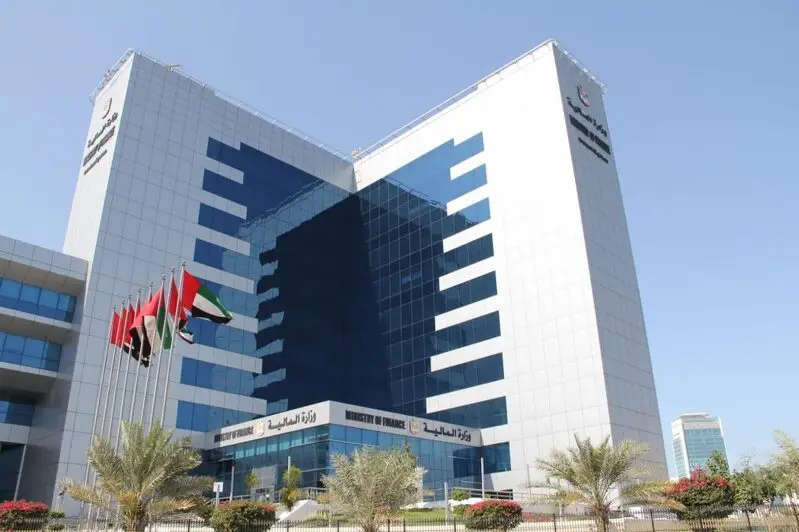UAE crypto tax reporting will be undergoing some significant changes as the country implements new regulations by 2027, and these are targeting Bitcoin firms along with other cryptocurrency businesses. The United Arab Emirates Ministry of Finance actually signed the Multilateral Competent Authority Agreement under the Crypto-Asset Reporting Framework, and they’ve also launched an eight-week industry consultation that ends November 8. This move establishes UAE crypto tax reporting standards that are aligned with global crypto tax standards, ensuring transparency and compliance across the digital asset sector.
The Ministry of Finance had this to say:
“The framework establishes a mechanism for the automatic exchange of tax-related information on crypto-asset activities, ensuring that the UAE provides certainty and clarity to the crypto-asset sector while upholding the principles of global tax transparency.”
UAE’s Crypto Tax Transparency: CARF Implementation, Industry Consultation, and Global Standards

CARF Implementation UAE Timeline
CARF implementation in UAE is set to begin in 2027, with crypto firms being required to update their onboarding, record-keeping, and also their reporting systems. The UAE crypto tax reporting framework will actually enable automatic data sharing with international tax authorities starting in 2028. Right now, businesses operating in the country must prepare for enhanced KYC requirements along with standardized reporting feeds.

Crypto-asset service providers, including exchanges, custodians, and even wallet providers, will need to collect standardized tax information about users and their transactions. The UAE crypto tax consultation aims to gather some practical feedback from industry stakeholders to shape final compliance measures.
Industry Expert Response
Industry figures have been responding positively to the UAE crypto tax reporting initiative, viewing it as beneficial for regulatory clarity.
Nitesh Mishra, co-founder and CTO at ChaiDEX, stated:
“It brings greater legal clarity and certainty to crypto activities in the UAE, making the environment safer for compliant investors. It aligns the UAE with global tax transparency standards, boosting trust with regulators and international partners.”
Benjamin Young, business setup expert at Aston VIP, had this to say:
“It reinforces the country’s commitment to global regulatory alignment and transparency in digital assets, while also helping strengthen investor confidence.”
Also Read: UAE Banks Go All-In on Crypto With Zand–CoinMENA Alliance
The eight-week UAE crypto tax consultation invites feedback from exchanges, custodians, wallet providers, compliance officers, and also tax professionals on implementation timelines and data requirements. This consultation process ensures that global crypto tax standards implementation reflects market needs and operational realities.
Young also noted:
“It will require local and international firms operating in the UAE to ensure compliance with new reporting obligations, which may increase operational demands but should contribute to a healthier long-term ecosystem.”
Also Read: UAE Joins Russia, India, Saudi in Crypto War on the Dollar
The CARF implementation in the UAE represents a significant step toward establishing the country as a compliant hub for digital assets while maintaining its competitive edge in the cryptocurrency sector.






